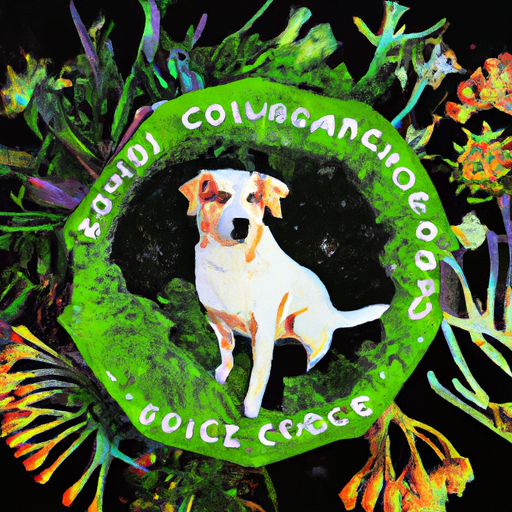Introduction
You love your furry friend, right? You provide the best food, regular exercise, and endless belly rubs. But what happens when your beloved pet faces a health crisis, like an E. Coli infection? It’s a scary thought, but don’t worry. You’ve got this. Here, we’ll guide you through the natural ways to treat E. Coli in dogs.
Understanding E. Coli in Dogs
First, let’s get a handle on the situation. E. Coli, or Escherichia coli, is a type of bacteria that can cause serious illness in dogs. It’s found in the environment, foods, and intestines of people and animals.
- Symptoms: Diarrhea, vomiting, loss of appetite, and lethargy.
- Transmission: Consuming contaminated food or water, or through contact with infected feces.
- Risks: Puppies, senior dogs, and dogs with weakened immune systems are at greater risk.
Here’s a simple table summarizing the basics:
| Factor | Description |
| — | — |
| Symptoms | Diarrhea, vomiting, loss of appetite, lethargy |
| Transmission | Contaminated food or water, contact with infected feces |
| Risks | Puppies, senior dogs, dogs with weakened immune systems |
Natural Remedies for E. Coli in Dogs
- Probiotics: Introduce good bacteria to your dog’s gut to help fight off the E. Coli. Probiotics are available in various forms, like powders, capsules, and even in certain dog foods.
- Hydration: Keep your dog hydrated. E. Coli often causes diarrhea, which can lead to dehydration. Provide clean, freshwater at all times.
- Dietary Changes: A bland diet can help soothe your dog’s upset stomach. Try feeding your dog a mix of boiled chicken and rice.
- Herbal Remedies: Certain herbs, like slippery elm and marshmallow root, can help soothe your dog’s gastrointestinal tract.
Remember, always consult with your veterinarian before starting any new treatments.
Prevention Is Better Than Cure
The best way to treat E. Coli in dogs? Prevent it from happening in the first place. Here’s how:
- Keep your dog’s living area clean to minimize exposure to harmful bacteria.
- Provide a balanced diet to boost your dog’s immune system.
- Regularly deworm your dog to minimize the risk of bacterial infections.
- Keep your dog hydrated.
Frequently Asked Questions
Can E. Coli in dogs be fatal?
Yes, in severe cases, E. Coli can be fatal. However, with early detection and proper care, most dogs recover fully.
Can humans get E. Coli from dogs?
Yes, humans can contract E. Coli from dogs. It’s important to practice good hygiene, especially after cleaning up after your dog.
How long does it take for a dog to recover from E. Coli?
Recovery time varies, but most dogs start to improve within a few days of starting treatment.
Remember, when it comes to your pet’s health, you’re their best advocate. Keep an eye on any changes in their behavior or health, and don’t hesitate to seek veterinary help if needed. Your vigilance can make a world of difference in their recovery.



